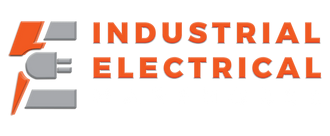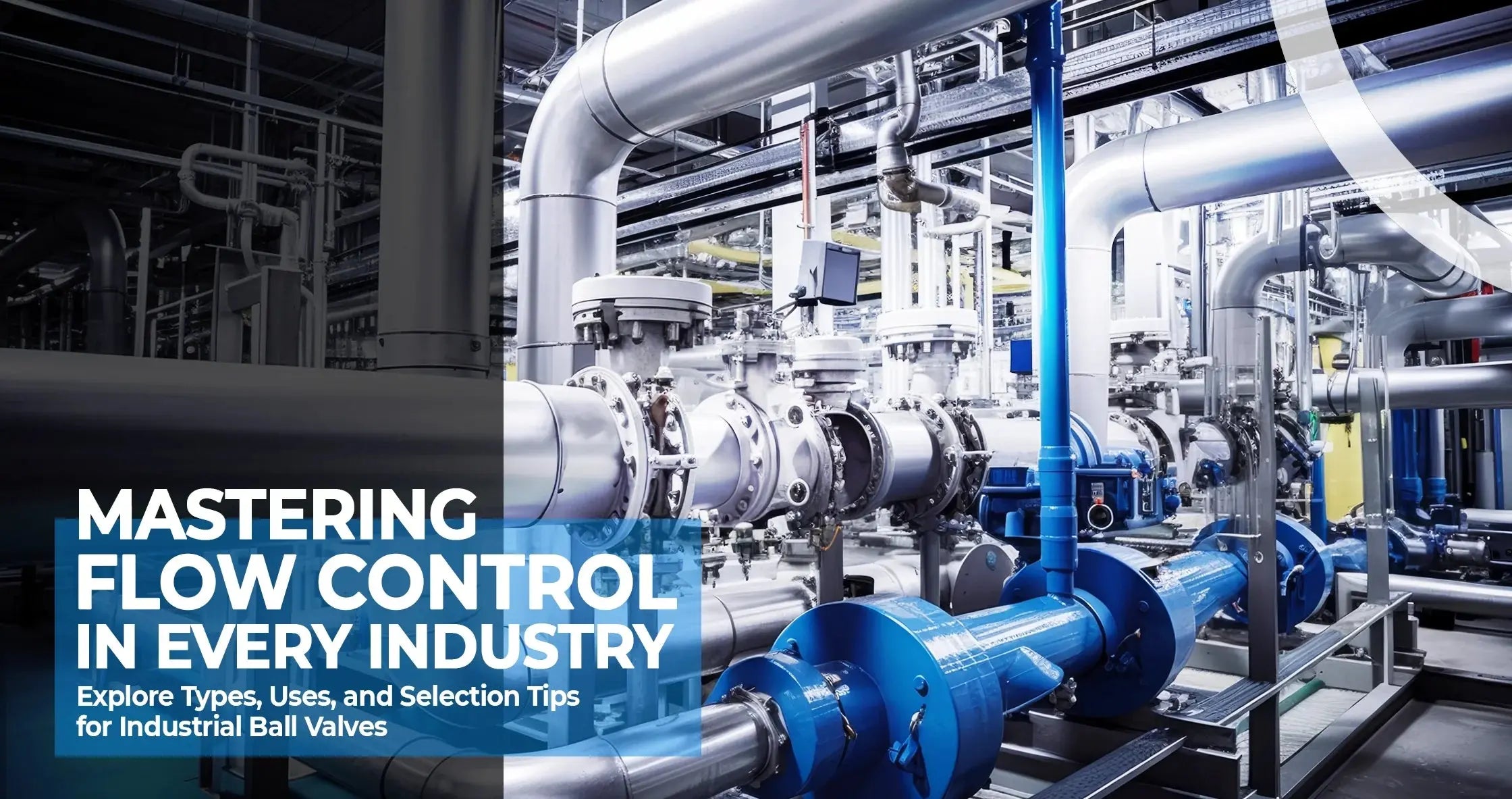Industrial ball valves play a crucial role in improving pipeline efficiency across multiple sectors. Their versatility, durability, and precise flow control make them indispensable for modern industrial operations.
Understanding Industrial Ball Valves
What Are Industrial Ball Valves?
Industrial ball valves are mechanical devices designed to regulate, direct, or control the flow of fluids through pipelines. They consist of a rotating ball with a hole that aligns or blocks the flow when turned. This simple yet effective design ensures reliable performance under demanding conditions.
The **industrial ball valves** market continues to grow as industries recognize their benefits. From chemical processing to HVAC systems, these valves offer unmatched reliability and ease of operation.
Key Components of an Industrial Ball Valve
A typical industrial ball valve includes several essential components:
- Ball: The central part that controls fluid flow.
- Stem: Connects the handle to the ball for rotational movement.
- Seals: Prevent leaks by creating a tight seal around the ball.
These components work together to ensure efficient and leak-free operation, even in high-pressure environments.
Types of Industrial Ball Valves
Floating Ball Valves
Floating ball valves allow the ball to move slightly within the housing, ensuring a tight seal against one or both seats. This type is ideal for lower-pressure applications and offers excellent sealing capabilities.
Commonly used in water treatment plants, floating ball valves provide reliable shut-off and minimal maintenance requirements.
Trunnion-Mounted Ball Valves
Trunnion-mounted ball valves feature additional support for the ball via trunnions, reducing operational torque and enabling higher pressure ratings. These valves are preferred in oil and gas pipelines due to their robust construction.
With features like metal-to-metal sealing and advanced materials such as stainless steel, these valves ensure long-term durability in harsh environments.
Applications of Industrial Ball Valves
Chemical Processing
In chemical plants, **chemical resistant ball valves** are critical for handling corrosive substances. Stainless steel mini ball valves are often chosen for smaller-scale processes where precision and reliability are paramount.
These valves prevent contamination and maintain consistent flow rates, ensuring safe and efficient production.
HVAC Systems
HVAC ball valves regulate water and refrigerant flow in heating, ventilation, and air conditioning systems. Their quick quarter-turn operation makes them suitable for emergency shut-offs and routine adjustments.
For example, stainless steel ball valves are frequently installed in large commercial buildings to manage temperature and humidity levels effectively.
Factors Influencing Industrial Ball Valve Selection
Material Considerations
Selecting the right material is vital for optimal performance. For instance, **stainless steel ball valves** resist corrosion and are ideal for food-grade applications. High-pressure ball valves made from durable alloys can withstand extreme temperatures and pressures.
When choosing materials, consider factors like operating environment, fluid compatibility, and budget constraints.
Size and Pressure Ratings
Proper sizing ensures efficient flow without unnecessary restrictions. Undersized valves may lead to increased wear and tear, while oversized ones could result in wasted resources.
Always verify the pressure rating matches your application's demands to avoid potential failures or safety hazards.
Conclusion
Industrial ball valves enhance pipeline efficiency by providing reliable flow control, minimizing leaks, and ensuring consistent performance. Whether you're working in chemical processing, oil and gas, or HVAC systems, selecting the appropriate type of ball valve is key to success.
For more information on our extensive product collection page for industrial ball valves, visit our website today!
FAQs
Q1: What makes stainless steel ball valves advantageous?
A1: Stainless steel ball valves offer superior corrosion resistance, making them ideal for handling aggressive chemicals and maintaining hygiene standards in sensitive industries.
Q2: Can high-pressure ball valves be used in low-pressure applications?
A2: Yes, but it’s not recommended as oversized valves might increase costs without providing additional benefits. Always match the valve specifications to your application needs.
Q3: How do I determine the correct size for my industrial ball valve?
A3: Consult the manufacturer's guidelines and consider factors such as pipe diameter, flow rate, and system pressure to ensure accurate sizing.


